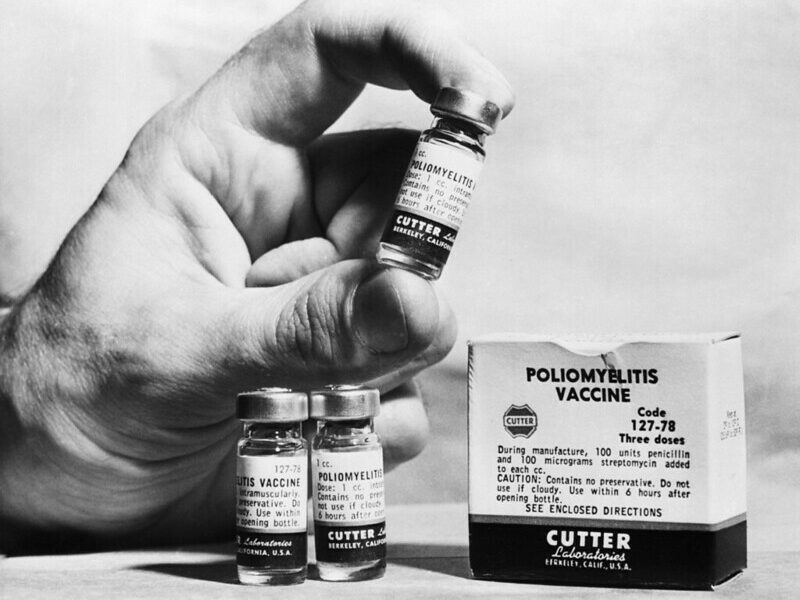On May 1 the patient traveled from Jeddah, Saudi Arabia to London, and then continued on to Boston and Atlanta before reaching his or her destination in Florida. The patient experienced symptoms while traveling, but it is unclear whether he or she was infectious during that time. On May 8 the patient sought care and was admitted at an Orlando hospital. The patient is doing well.
The CDC is working in collaboration with 20 state health departments to contact travelers who shared flights with the infected patient. The incubation period for the virus is estimated to be 14 days at most, so people who shared a flight with the infected but have not yet experienced symptoms are unlikely to become sick.
The first case of MERS in the US was identified in Indiana the first week of May. A marked increase in cases in April 2014 has epidemiologists worried that the virus had mutated to become more human to human transmissible. However, samples taken from the Indiana case suggest that the virus has not mutated, and that the increase in cases is consequent to better identification of existing cases.
The CDC does expect additional cases to be imported from the Arabian Peninsula, but cautions that risk to the general public is ‘extremely low’.
Read my analysis on what it means here.
